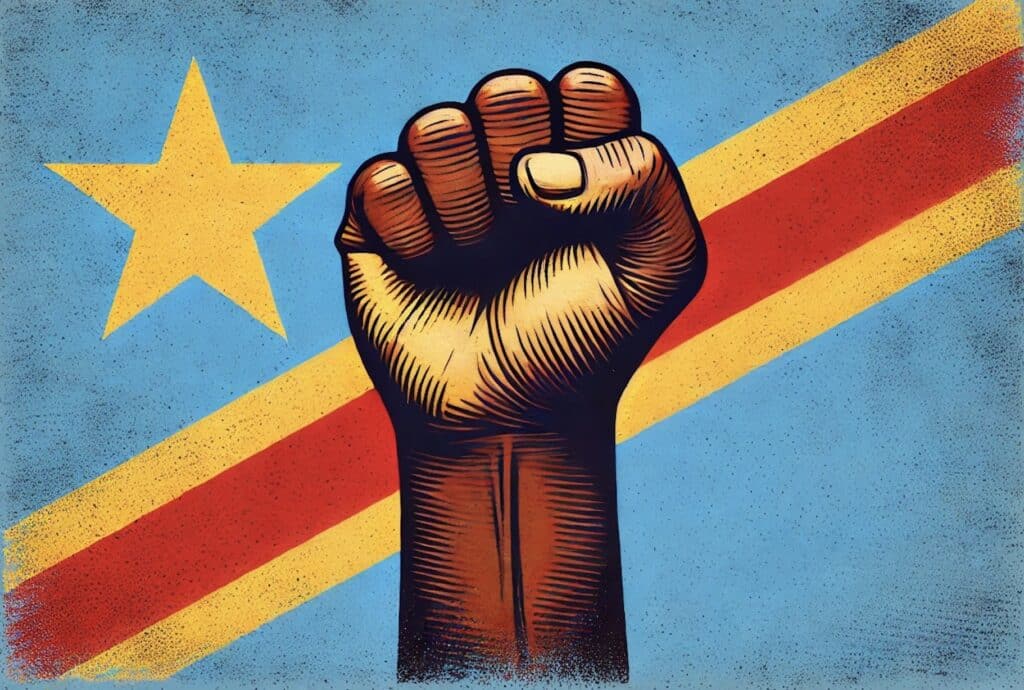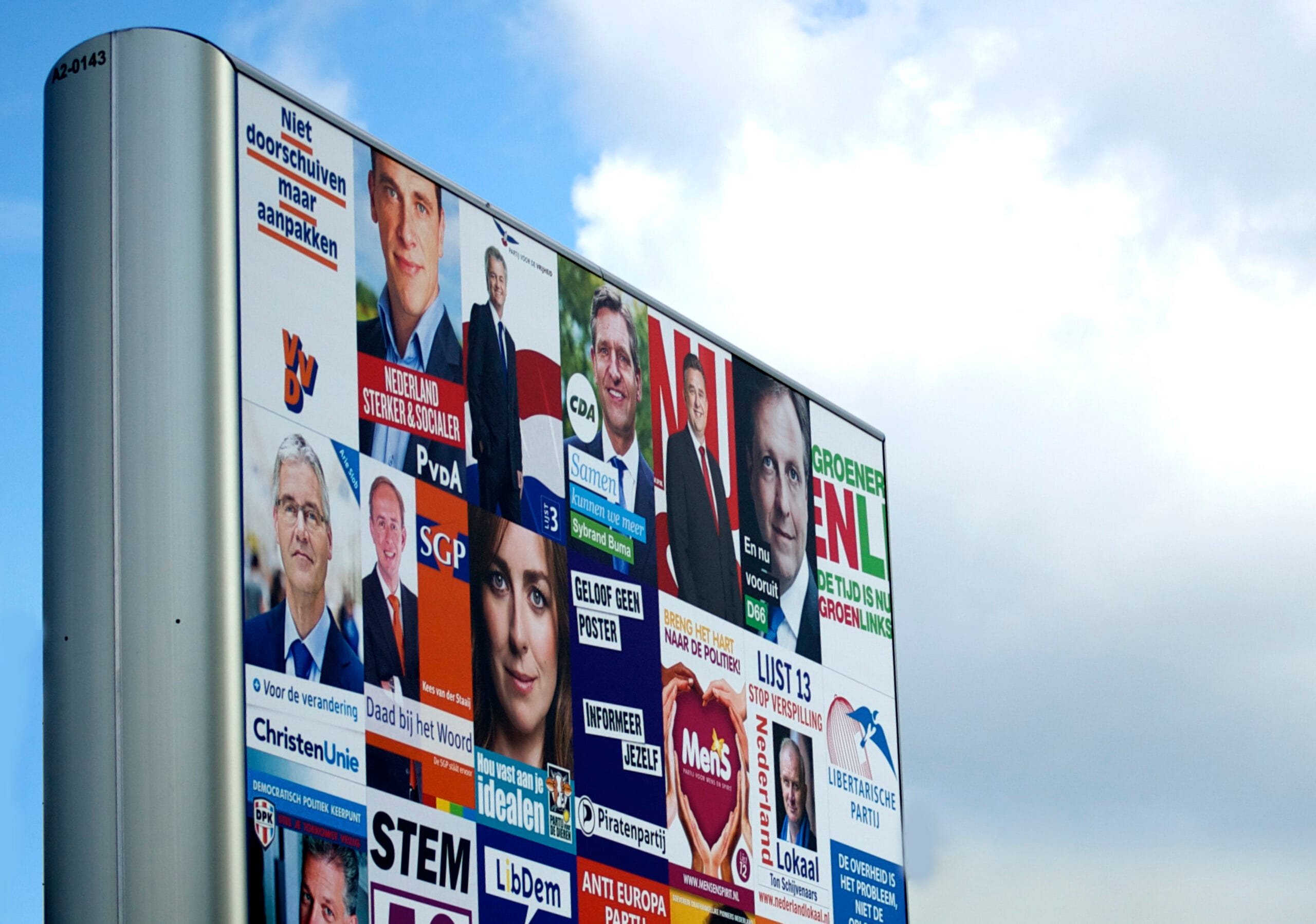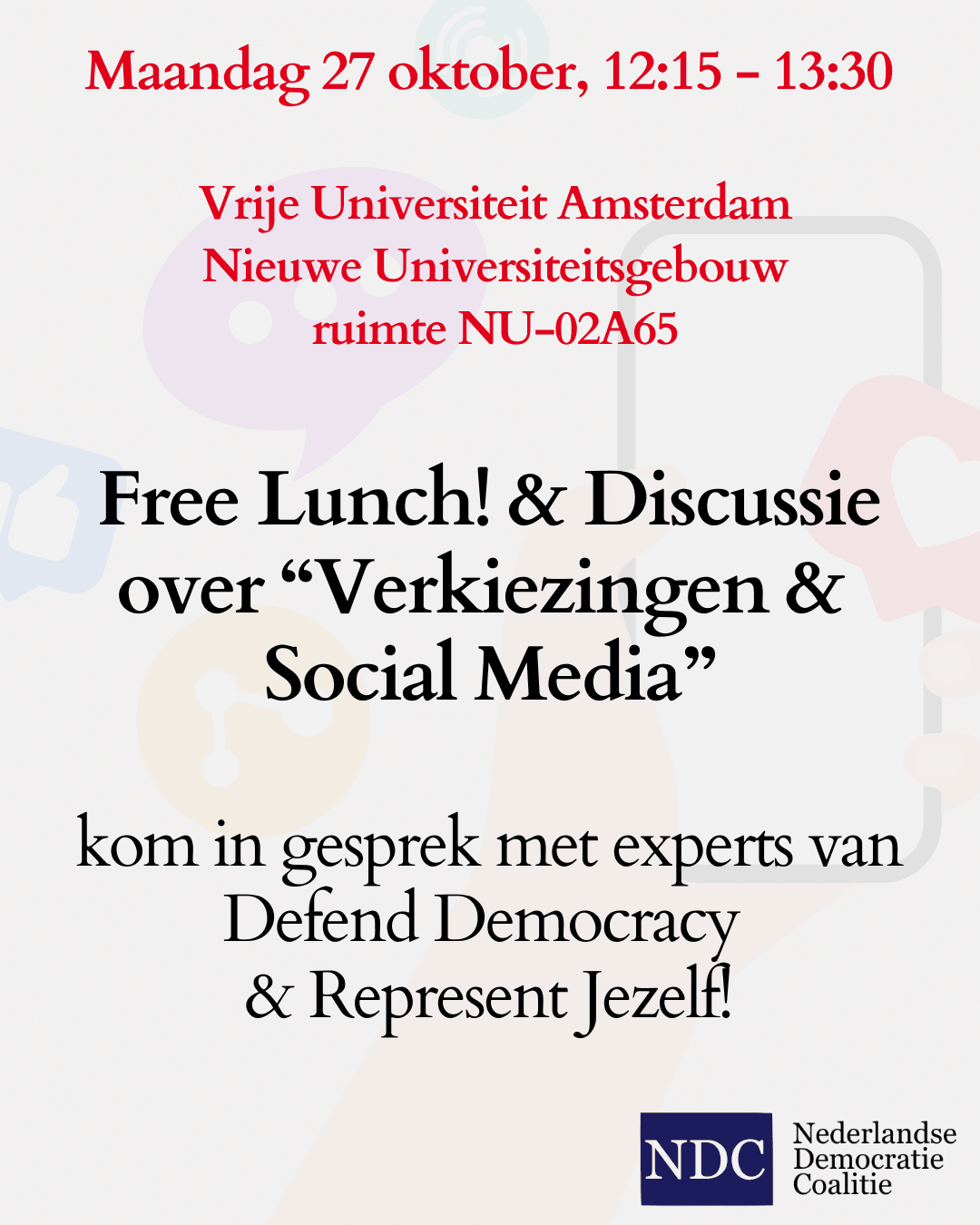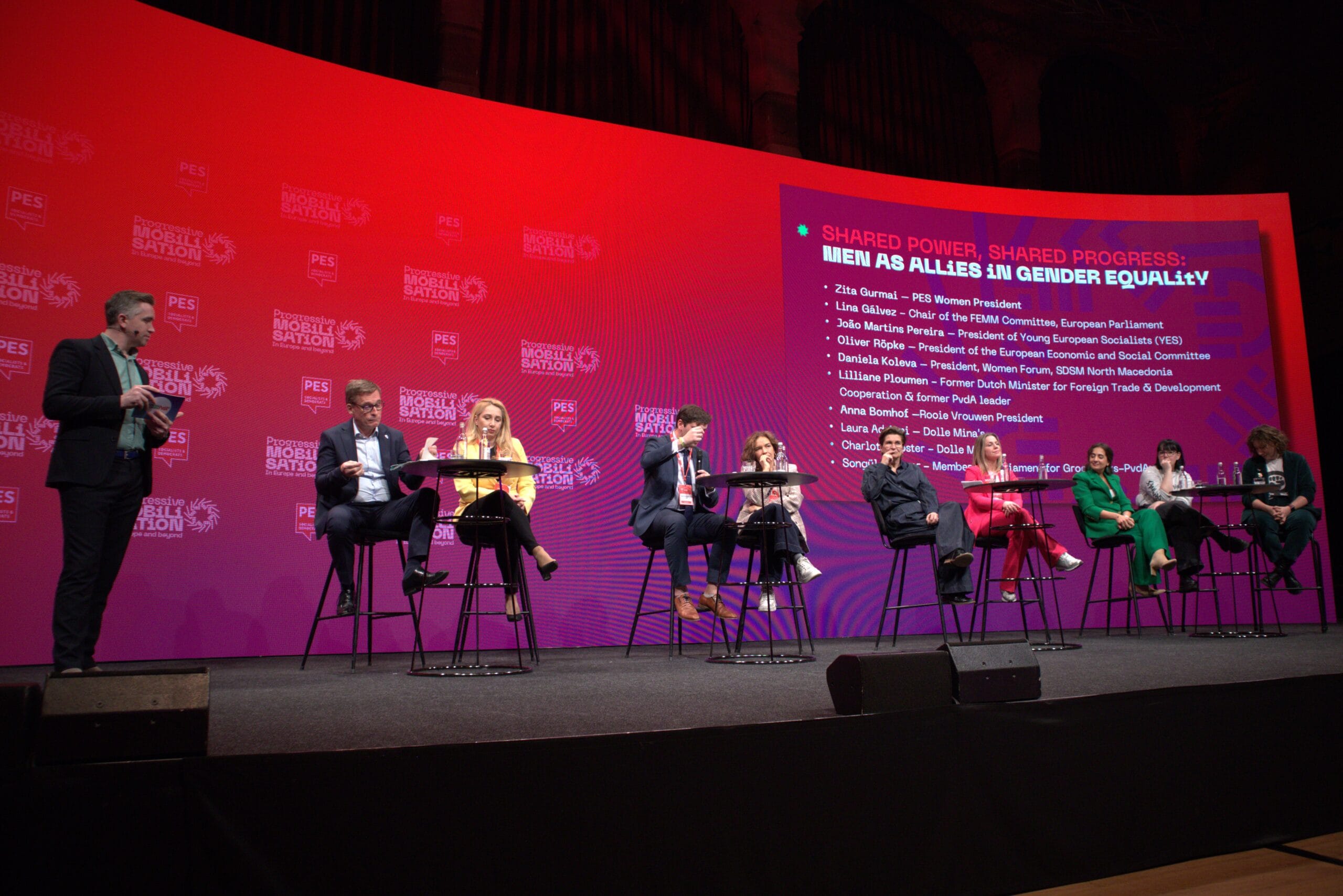Recently, a viral internet trend emerged when more than 50 million Instagram users shared an image with the text 'All eyes on Rafah' shared. Soon other 'All eyes on ...' images appeared, such as 'All eyes on Sudan,' but often 'All eyes on Congo.' This trend reflects a broader stimulus that the war in Gaza has given to attention to conflicts elsewhere in the global South. Nevertheless, traditional media and politics focus to varying degrees on these non-Western conflict zones outside Gaza, often limiting general knowledge about these conflicts. In this article, we discuss the war in eastern Democratic Republic of Congo (DRC) and why it is right that more attention is paid to it.
Background: the Congo Crisis, Mobutu, and the Congolese Civil Wars
The instability in the DRC has deep historical roots. The resource-rich region has faced extremely brutal exploitation as a result of European imperialism and colonialism. Formal decolonisation in 1960 all but ended this instability. Indeed, that is when the violent and very deadly 'Congo Crisis' began, which lasted until 1965. This crisis arose because the West refused to hand over mining profits in the DRC. After years of unrest, power was finally seized in 1965, with support from the West, by dictator Mobutu Sese Seko, who also renamed the DRC 'Zaire'.
Mobutu's dictatorship was characterised by repression and multiple coup attempts, which the West helped bloodily put down. Ultimately, it was the Rwandan Genocide that snapped the rubber band for Mobutu's rule. This conflict in Rwanda, with which the DRC borders to the east, can also be explained as a consequence of Western colonialism: Under the motto of "divide and rule", Belgium managed to increase and escalate socio-economic differences between ethnic groups, specifically between the Hutu and Tutsi.
Once, after the formal decolonisation of Rwanda, the Hutu came to power, many Tutsi fled to eastern then Zaire. After extremist Hutu committed genocide against moderate Hutu and Tutsi in 1994, many Hutu who were complicit in the genocide also began to flee to eastern Zaire. They did so for fear of persecution in Rwanda, which fell to the Tutsi after a peace agreement. Mobutu welcomed these fleeing Hutu with open arms, even allowing them to establish military and political bases in the east, a region very rich in resources and mines.
However, these Hutu began attacking and killing Tutsi in eastern Zaire and across the border, to which Rwanda responded by sending military aid for the Tutsi. This led to a large-scale conflict from 1996 to 1997, called the First Congolese Civil War, or the First African War. Rwanda collaborated militarily with allied countries (Uganda, Eritrea, Angola, and Burundi), Tutsi rebel groups in Zaire, and other Zairean opposition movements to overthrow Mobutu. Laurent Kabila, an opposition leader, seized power after this and renamed Zaire the DRC again.
Under Kabila, tensions with the Tutsi continued: Kabila, like predecessor Mobutu, continued to support the Hutu in the DRC - including in their struggle against the Tutsi and Rwanda. This happened as Rwandan troops massacred Hutu, tried to repatriate Tutsi by force, and took control of mines. This led to the Second Congolese Civil War from 1998 to 2003, in which Rwanda and the DRC fought against each other along with their allies. This also involved a large-scale UN peacekeeping mission called MONUSCO. The war, which ultimately revolved largely around control of the mineral-rich eastern DRC, is known as the deadliest global conflict since World War II. Despite a formal peace agreement that asked Rwanda to leave and officially ended the war, the ethnic patterns of conflict and violence never really disappeared.
Tensions between both the DRC and Rwanda and between the DRC and ethnic Tutsi at home persisted. As one attempt at reconciliation, a Tutsi rebel group was integrated into the Congolese army. However, the group complained of ill-treatment, quit the army and continued to operate under the name 'M23' with the motto of standing up for Tutsi within the DRC. In 2012, they launched their first offensive in eastern Congo, after which they were eventually defeated.
Developments in recent years
So why the "Eyes on Congo" now? Since the end of 2021, M23 has re-emerged forcefully by seizing more and more territory in the eastern North Kivu region, and its rich mines. In doing so, the violent rebel group is fighting the Congolese army and its allies, including Hutu. There are now more than 200 armed rebel groups operating in the DRC.
Another pattern that persists is the Rwanda's military involvement, which not only provides a high level of support to M23, but also has a presence in the DRC with its own troops. Rwanda accuses the DRC from supporting armed Hutu groups that are complicit in the Rwandan genocide and still pose a threat to the Rwandan government. A major incentive for Rwanda, however, is mainly the gains from control over the mineral-rich eastern region.
The eastern region of the DRC is very rich in cobalt, copper and coltan, which is very profitable. These minerals are increasingly being used for electric vehicles and gadgets due to the 'green energy revolution'. These profits are not only used to finance the conflict, but also provide a huge incentive for rival groups to aspire to control this region. However, once mines become the property of rebel groups, particularly M23, civilians, including children, are often forced to work in these mines under very poor, and sometimes deadly, conditions. When they refuse, this is often punished by beatings, rape and even murder. In this way, the war has created an extremely high number of refugees.
The Congolese government's attempts to resolve the conflict have so far proved unsuccessful. Not only is the UN mission MONUSCO currently working on its withdrawal due to ineffectiveness, but soldiers from a regional East African bloc that replaced them were also sent back. As a result, soldiers from South African countries have been called up to restore peace, but this mission too seems unsuccessful.
These failed attempts have had serious consequences for trust in Congolese politicians: it does not contribute to an image of stability when a government has no control over a significant part of the territory and wealth within its borders. In addition, the Congolese government struggles with transparency and integrity. It therefore came as no surprise that on 19 May there was a failed attempted coup took place.
The role of the West
The West has been accused of not paying enough attention to the DRC crisis. Consequently, in Western societies, media, and politics, the conflict is fairly low on the hierarchy of attention. This while the severity of the conflict and the number of victims is extremely high. It is estimated that six million civilians have been killed and more than seven million displaced since the start of the war. In addition, there are serious cases of malnutrition, bombing of refugee camps, rape, and child slavery.
The lack of Western attention to the DRC is all the more condemnable considering the influence the West has (had) in the conflict. It is therefore no surprise that there have been intense anti-Western protests taking place in the DRC. Western influence in the conflict stems mainly from the rising extraction of DRC's raw materials. Due to its raw materials worth $24 billion, the DRC would actually be one of the richest countries in the world should be. However, it is among the five poorest countries in the world.
Major Western companies like Apple and Tesla, on the one hand, are cooperating with mine-owning countries in the DRC: China, Switzerland, and the United Arab Emirates. Although this mining is done in cooperation with the Congolese state, even here conditions are abysmal. On the other hand, however, it also makes these companies accused to make use of illegally exploited minerals from eastern DRC by trading in large measure with Rwanda. Indeed, because of the Rwandan presence in eastern DRC, Congolese minerals are smuggled into Rwanda. Rwanda thus exports more than it mines within its own borders. Not only big companies, but also countries and international organisations contribute to this. Most recently, the European Union concluded a deal with Rwanda to provide a supply of minerals.
Western support for Rwanda is not just limited to trade, but includes deep economic and military relations. As a Western ally, Rwanda receives not only millions of dollars in economic aid, but also military support from Western countries. Although many of these countries have acknowledged Rwanda's support for M23's war crimes, they continue to provide military support, and concrete action remains absent. Most Congolese believe therefore that Western countries are using Rwanda to acquire Congolese raw materials. In addition, they also believe that the West is deliberately profiting from causing instability, as the current unrest is causing lower commodity prices.
No economic interest should outweigh the humanitarian suffering going on in the DRC. Besides, the green energy revolution is anything but "clean" when it uses minerals that have been fled, abused, raped, and killed for. In this way, the benefits the DRC should enjoy after independence - economic sovereignty, territorial sovereignty, and self-determination - are nothing more than empty promises. With the West's current role in exploitation and suffering in the DRC, the country seems further away from post-colonial justice than ever. It is therefore crucial that we in the West extend our focus to 'forgotten' conflicts such as those in the Congo.




